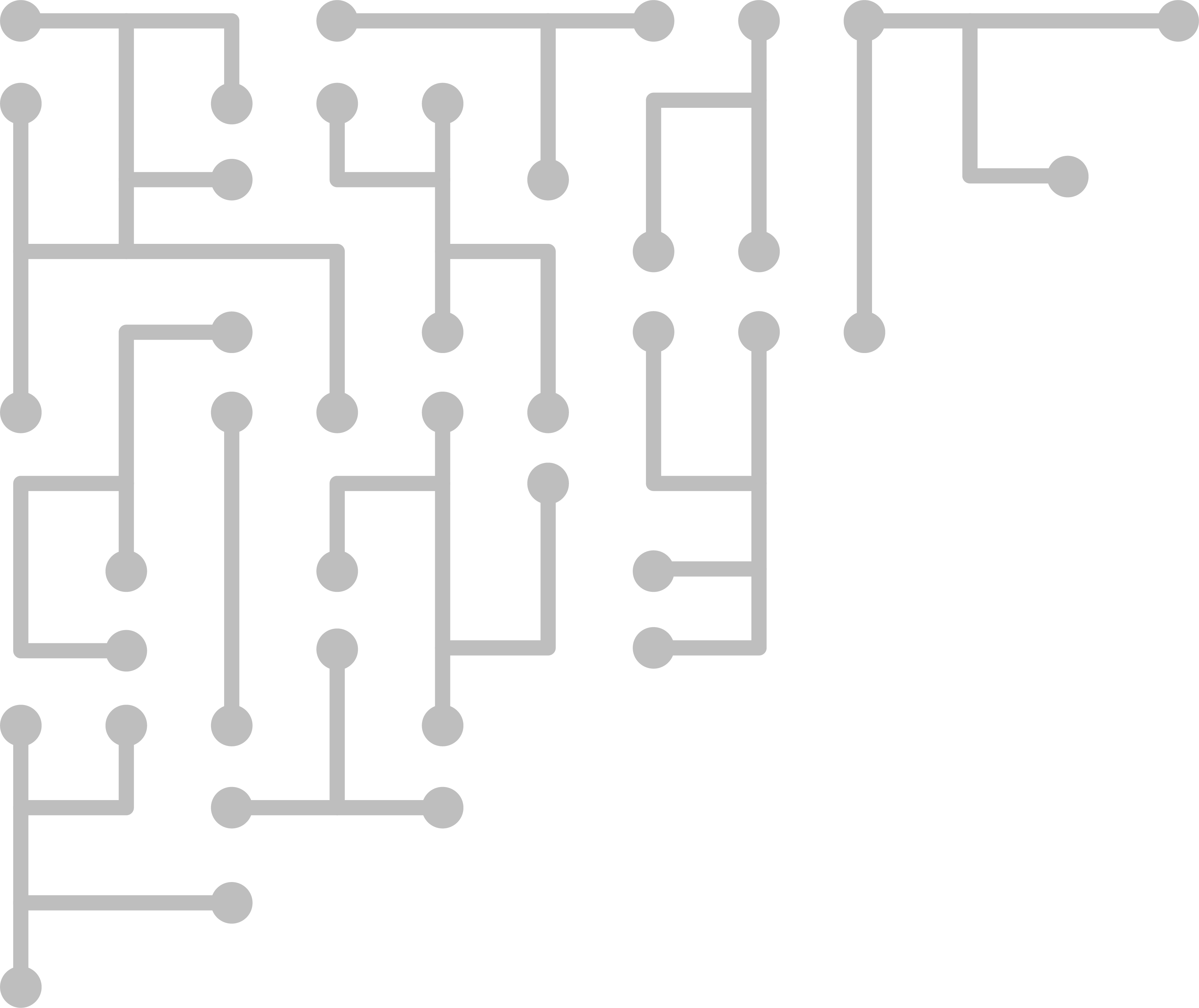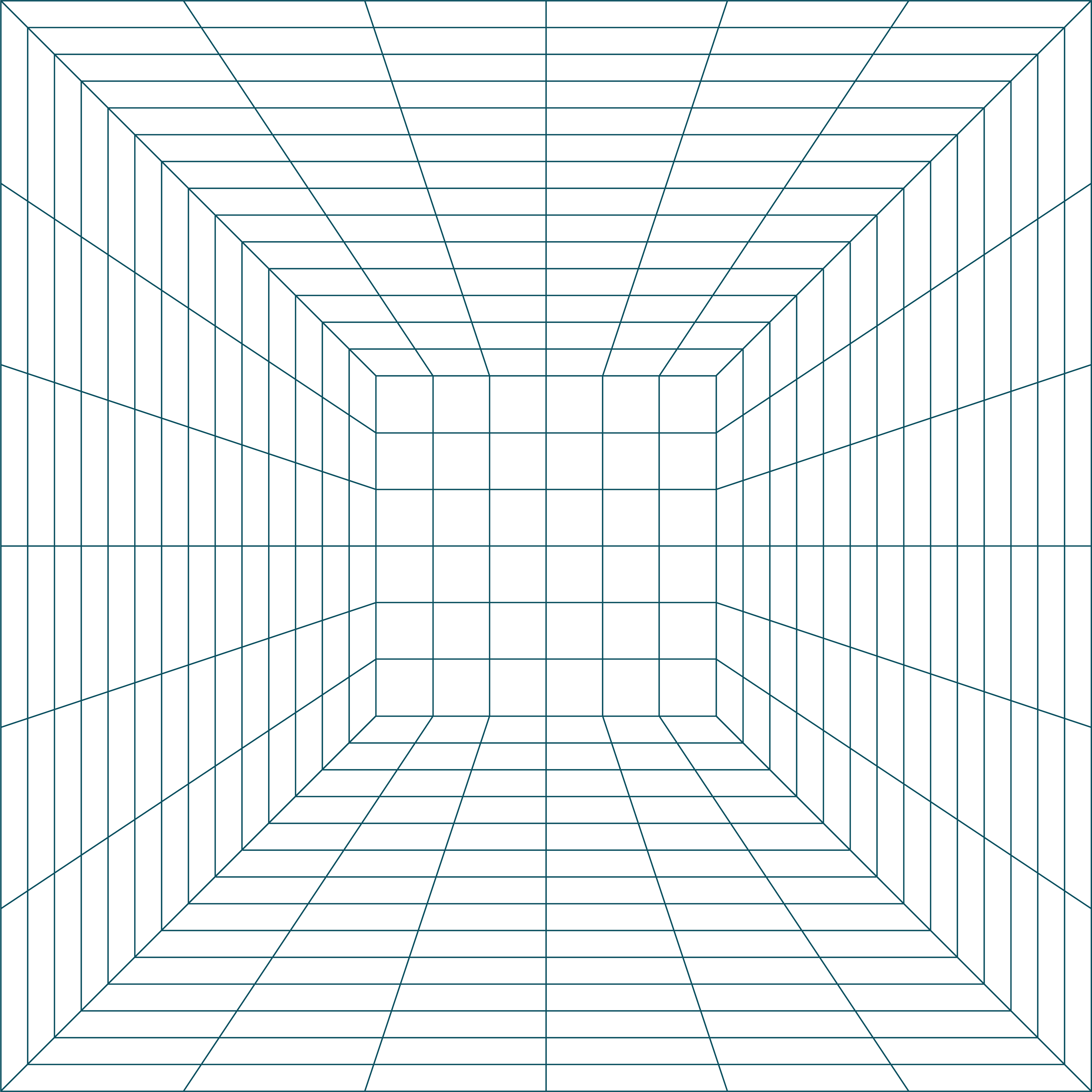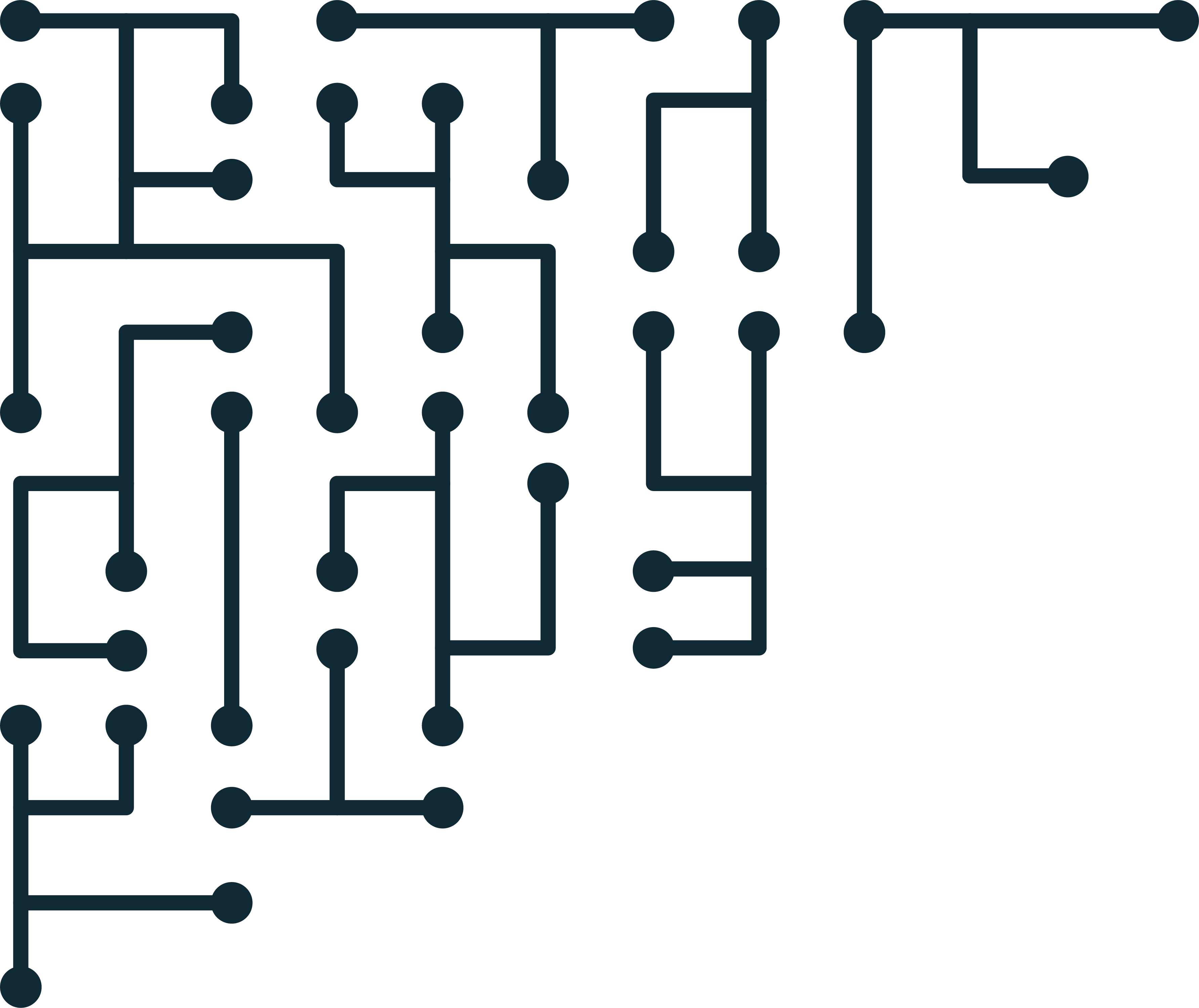[CFP] DFRWS EU 2016
http://www.dfrws.org/2016eu
The DFRWS is dedicated to the advancement of digital forensics research through open sharing of knowledge and ideas. Ever since it organized the first open workshop in 2001, the DFRWS continues to bring leading researchers, developers, practitioners, and educators from around the world together in an informal collaborative environment. DFRWS conferences publicize and discuss high quality research outcomes selected in a thorough peer review process.
The DFRWS EU 2016 conference extends the 15-year tradition of research conferences organized by DFRWS.org, including the DFRWS US 2015 conference from August 9 to 13, 2015 in Philadelphia. Information on the upcoming USA the program and how to register can be found at http://dfrws.org/2015
The continued expansion of DFRWS EU conferences is intended as a focal point for the European digital forensic community, allowing participants to meet and exchange ideas without the need for transatlantic travel. The proceedings of DFRWS EU 2016 will be published in a special issue of Elsevier's Digital Investigation journal, and will be freely available on the DFRWS website.
NOTE: Immediately before the conference, on March 29, rooms are available at the venue to be booked by research consortia to have meetings. If you are interested in reserving one of these meeting rooms, please contact us at eu-sponsorship <at> dfrws <dot> org.
Possibilities to contribute
In recent years, DFRWS conferences have added practitioner presentations and hands-on tutorials/workshops taught by leading experts in the fields. Presentations are opportunities for industry researchers and practitioners who do not have the time to write a paper, but who have forensics information and experiences that would be of interest to DFRWS attendees. Presentation proposals undergo a light reviewing process to filter out sales pitches and ensure the topic is relevant to our audience.We invite original contributions as research papers, presentation proposals, panel proposals, tutorial/workshop proposals, and demo or singleer proposals on the following topics:
TOPICS OF INTEREST:
- "Big data" approaches to forensics, including data collection, data mining, and large scale visualization
- Addressing forensic challenges of Systems-on-a-chip
- Anti-forensics and anti-anti-forensics
- Bridging the gap between analog and digital traces/evidences/investigators
- Case studies and trend reports
- Data hiding and discovery
- Data recovery and reconstruction
- Database forensics
- Digital evidence and the law
- Digital evidence storage and preservation
- Event reconstruction methods and tools
- Impact of digital forensics on forensic science
- Incident response and live analysis
- Interpersonal communications and social network analysis
- Malware and targeted attacks: analysis, attribution
- Memory analysis and snapshot acquisition
- Mobile and embedded device forensics
- Multimedia analysis
- Network and distributed system forensics
- Non-traditional forensic scenarios and approaches (e.g. vehicles, control systems, and SCADA)
- Storage forensics, including file system and Flash
- Tool testing and development
- Triage, Prioritization, Automation: Efficiently processing large amounts of data in digital forensics
- Typology of digital traces
- Virtualized environment forensics, with specific attention to the cloud and virtual machine introspection
The above list is only suggestive. We welcome new, original ideas from people in academia, industry, government, and law enforcement who are interested in sharing their results, knowledge, and experience. Authors are encouraged to demonstrate the applicability of their work to practical issues. Questions about submission topics can be sent via email to: eu-papers <at> dfrws <dot> org
IMPORTANT DATES - Please note that all deadlines are firm.
- Papers & Presentation/Panel Proposals: October 5, 2015
- Author notification: December 14, 2015
- Final draft papers due and presenter registration(*): January 25, 2016
- (* Papers for which no author has registered by this date may be dropped from the program.)
- Workshop/Tutorial Submission Deadline: October 26, 2015
- Demo & Poster Proposals: January 18, 2016
- Conference Dates: March 30 - April 1, 2016
The FULL CFP with details about submissions is located at: http://dfrws.org/2016eu/cfp.shtml
SUBMISSIONS
Research papers and presentation proposals must be submitted through the EasyChair site at http://www.easychair.org/conferences/?conf=dfrws2016eu.Submissions must be in Adobe Acrobat PDF format. Send any questions about research paper / presentation proposal submissions to: eu-papers (at) dfrws (dot) org.
Panel proposals must be emailed to eu-panels (at) dfrws (dot) org in PDF or plain text format.
Demo proposals must be emailed to eu-demos (at) dfrws (dot) org in PDF or plain text format.
To submit a tutorial/workshop proposal please visit the Call for Workshop Proposals page at http://dfrws.org/2016eu/cfw.shtml.
STUDENT AWARD and STUDENT SCHOLARSHIP PROGRAM
DFRWS continues its outreach to students studying digital forensics. This year DFRWS will be offering an award with a cash prize to the best student paper. A student paper is any paper in which the majority of the work was performed and the paper written by full-time students at an accredited university, college, or high school.A limited number of scholarships may be awarded to students presenting a paper at the conference. The intent is to help alleviate the financial burden due to the cost of hotel expenses and conference registration. For more information, see the DFRWS EU 2016 homepage at: http://www.dfrws.org/2016eu


